As the threat landscape has evolved and the volume and sophistication of cyberattacks has increased, the importance of information security has become more apparent. This has led to the growth of the cybersecurity industry and the development of specialized roles and services, including the vCISO.
vCISO, or virtual Chief Information Security Officer, is an individual or organization that provides Chief Information Security Officer (CISO) services on a part-time or outsourced basis. The vCISO offers expertise and guidance in information security, risk management, and compliance to help organizations protect their data, systems, and networks from threats and vulnerabilities.
The Chief Information Security Officer, CISO, is a highly specialized role focused on helping organizations protect their data, systems, and networks from threats and vulnerabilities. The role acts as a strategic advisor and thought leader who deeply understands information security and risk management and can translate that expertise into actionable recommendations and guidance for organizations. The vCISO model allows organizations to access the knowledge and experience of a seasoned security professional on a part-time or outsourced basis, without the need to hire a full-time employee.
As the threat landscape has evolved and the volume and sophistication of cyberattacks has increased, the importance of information security has become more apparent. This has led to the growth of the cybersecurity industry and the development of specialized roles and services, including the vCISO.
vCISO, or virtual Chief Information Security Officer, is an individual or organization that provides Chief Information Security Officer (CISO) services on a part-time or outsourced basis. The vCISO offers expertise and guidance in information security, risk management, and compliance to help organizations protect their data, systems, and networks from threats and vulnerabilities.
The Chief Information Security Officer, CISO, is a highly specialized role focused on helping organizations protect their data, systems, and networks from threats and vulnerabilities. The role acts as a strategic advisor and thought leader who deeply understands information security and risk management and can translate that expertise into actionable recommendations and guidance for organizations. The vCISO model allows organizations to access the knowledge and experience of a seasoned security professional on a part-time or outsourced basis, without the need to hire a full-time employee.
Differences Between CISO and vCISO
One of the key differences between a vCISO and a traditional, in-house CISO is that a vCISO is typically engaged on a part-time or outsourced basis rather than a full-time employee of the organization. This means that organizations can access the expertise and guidance of a seasoned security professional without the need to commit to a full-time hire. This can be a particularly attractive option for small and medium-sized businesses that may need more resources or a full-time CISO, but still, want access to top-notch security expertise.
A vCISO typically works with an organization to understand its business needs and goals, assess its current security posture, and develop a strategy for improving security and managing risk. This may include implementing security controls and processes, training employees on security best practices, and advising on compliance with relevant regulations and standards.
The vCISO model is often used by small and medium-sized businesses that may need more resources to hire a full-time CISO or may not require a full-time CISO but still want access to the expertise and guidance of a seasoned security professional. It is also a popular option for larger organizations that want to augment their in-house security team with additional expertise or have temporary needs for a CISO.
Differences Between CISO and vCISO
One of the key differences between a vCISO and a traditional, in-house CISO is that a vCISO is typically engaged on a part-time or outsourced basis rather than a full-time employee of the organization. This means that organizations can access the expertise and guidance of a seasoned security professional without the need to commit to a full-time hire. This can be a particularly attractive option for small and medium-sized businesses that may need more resources or a full-time CISO, but still, want access to top-notch security expertise.
A vCISO typically works with an organization to understand its business needs and goals, assess its current security posture, and develop a strategy for improving security and managing risk. This may include implementing security controls and processes, training employees on security best practices, and advising on compliance with relevant regulations and standards.
The vCISO model is often used by small and medium-sized businesses that may need more resources to hire a full-time CISO or may not require a full-time CISO but still want access to the expertise and guidance of a seasoned security professional. It is also a popular option for larger organizations that want to augment their in-house security team with additional expertise or have temporary needs for a CISO.
Benefits of vCISO-as-a-Service
The following are the benefits of using the vCISO-as-a-Service model to fill in the chief security officer void in an organization:
- Cost-effectiveness
One of the main benefits of the vCISO, or virtual Chief Information Security Officer, model is that it is a cost-effective solution for organizations that may need more resources to hire a full-time CISO. A vCISO is engaged on a part-time or outsourced basis rather than being a full-time employee, which means that organizations can access the expertise and guidance of a seasoned security professional without needing to invest significantly in a full-time hire. - Flexibility
In addition to being more cost-effective than a full-time hire, the vCISO model also offers flexibility in terms of scale. Organizations can engage a vCISO on a part-time basis to handle specific tasks or projects, or they can opt for a more comprehensive, ongoing engagement. This allows organizations to scale up or down their security support as needed, depending on their current needs and resources. - Access to a pool of experienced security professionals
Another benefit of the vCISO model is that it gives organizations access to a pool of experienced security professionals with diverse backgrounds and expertise. This means that organizations can tap into a wide range of knowledge and experience, rather than being limited to the expertise of a single individual. This can be particularly valuable for organizations with specific security needs or challenges requiring specialized expertise.
All the aforementioned benefits help the organization stay up-to-date with the latest cybersecurity measures in the industry without breaking the bank.
Whether a small business is just starting or a larger organization looking to augment your in-house security team, the vCISO model can be valuable for helping you protect your data, systems, and networks from threats and vulnerabilities.
Benefits of vCISO-as-a-Service
The following are the benefits of using the vCISO-as-a-Service model to fill in the chief security officer void in an organization:
- Cost-effectiveness
One of the main benefits of the vCISO, or virtual Chief Information Security Officer, model is that it is a cost-effective solution for organizations that may need more resources to hire a full-time CISO. A vCISO is engaged on a part-time or outsourced basis rather than being a full-time employee, which means that organizations can access the expertise and guidance of a seasoned security professional without needing to invest significantly in a full-time hire. - Flexibility
In addition to being more cost-effective than a full-time hire, the vCISO model also offers flexibility in terms of scale. Organizations can engage a vCISO on a part-time basis to handle specific tasks or projects, or they can opt for a more comprehensive, ongoing engagement. This allows organizations to scale up or down their security support as needed, depending on their current needs and resources. - Access to a pool of experienced security professionals
Another benefit of the vCISO model is that it gives organizations access to a pool of experienced security professionals with diverse backgrounds and expertise. This means that organizations can tap into a wide range of knowledge and experience, rather than being limited to the expertise of a single individual. This can be particularly valuable for organizations with specific security needs or challenges requiring specialized expertise.
All the aforementioned benefits help the organization stay up-to-date with the latest cybersecurity measures in the industry without breaking the bank.
Whether a small business is just starting or a larger organization looking to augment your in-house security team, the vCISO model can be valuable for helping you protect your data, systems, and networks from threats and vulnerabilities.
How vCISO as-a-Service Works
A virtual Chief Information Security Officer’s main responsibility is to work closely with organizations to understand their unique needs and goals, assess their current security posture, and develop a strategic plan for improving security and managing risk. This involves a range of tasks and responsibilities, including:
- Conducting security assessments and audits: A vCISO can help organizations understand their current security posture by conducting assessments and audits of their systems, networks, and processes. This may involve reviewing security controls, testing for vulnerabilities, and identifying areas for improvement.
- Developing and implementing security policies and procedures: Once the organization’s security posture and needs are understood, a vCISO can work with them to develop and implement security policies and procedures tailored to their specific needs. This may include policies around password management, access control, incident response, and other important areas.
⦁ Advising on compliance: Many organizations are subject to various regulations and standards regarding information security, and it can be challenging to keep up with the latest requirements. A vCISO can help organizations understand their compliance obligations and advise them on how to meet those requirements practically and cost-effectively.
⦁ Providing ongoing support and guidance: One of the key benefits of the vCISO model is its continued support and guidance to help organizations stay current with the latest threats and best practices. A vCISO can work with organizations on an ongoing basis to provide updates, training, and support as needed, helping them stay ahead of emerging threats and ensure that their security posture is always up-to-date.
The vCISO model offers a range of benefits to organizations looking to improve their security posture and manage risk. Whether you are a small business just starting out or a larger organization looking to augment your in-house security team, the vCISO model can be a valuable resource for helping you protect your data, systems, and networks from threats and vulnerabilities.
How vCISO as-a-Service Works
A virtual Chief Information Security Officer’s main responsibility is to work closely with organizations to understand their unique needs and goals, assess their current security posture, and develop a strategic plan for improving security and managing risk. This involves a range of tasks and responsibilities, including:
- Conducting security assessments and audits: A vCISO can help organizations understand their current security posture by conducting assessments and audits of their systems, networks, and processes. This may involve reviewing security controls, testing for vulnerabilities, and identifying areas for improvement.
- Developing and implementing security policies and procedures: Once the organization’s security posture and needs are understood, a vCISO can work with them to develop and implement security policies and procedures tailored to their specific needs. This may include policies around password management, access control, incident response, and other important areas.
- Advising on compliance: Many organizations are subject to various regulations and standards regarding information security, and it can be challenging to keep up with the latest requirements. A vCISO can help organizations understand their compliance obligations and advise them on how to meet those requirements practically and cost-effectively
- Providing ongoing support and guidance: One of the key benefits of the vCISO model is its continued support and guidance to help organizations stay current with the latest threats and best practices. A vCISO can work with organizations on an ongoing basis to provide updates, training, and support as needed, helping them stay ahead of emerging threats and ensure that their security posture is always up-to-date.
The vCISO model offers a range of benefits to organizations looking to improve their security posture and manage risk. Whether you are a small business just starting out or a larger organization looking to augment your in-house security team, the vCISO model can be a valuable resource for helping you protect your data, systems, and networks from threats and vulnerabilities.
Choosing the Right vCISO Partner
When choosing a vCISO, or virtual Chief Information Security Officer, partner, there are several factors that organizations should consider. These may include:
Experience: It’s important to choose a vCISO partner with a track record of success in the industry. Look for a provider with a strong reputation and a proven track record of helping organizations improve their security posture and manage risk.
Specialized expertise: Depending on your organization’s specific needs and challenges, it may be beneficial to choose a vCISO partner with specialized expertise in areas such as regulatory compliance, cloud security, or cybersecurity.
Reputation: Look for a vCISO partner with a good reputation in the industry. Check out online reviews and ask for references from other organizations that have used their services.
Cost: Consider the cost of a vCISO engagement when choosing a partner. Compare different providers and their pricing models to find the one that best fits your budget and needs.
Engagement model: Consider the engagement model that a vCISO partner offers, including whether they are available on a part-time or full-time basis and whether they provide ongoing support and guidance.
It’s important to carefully evaluate and compare different vCISO options to find the best fit for your organization’s needs and budget. By doing your due diligence, you can ensure that you get the best value for your money and the highest level of expertise and support.
Choosing the Right vCISO Partner
When choosing a vCISO, or virtual Chief Information Security Officer, partner, there are several factors that organizations should consider. These may include:
Experience: It’s important to choose a vCISO partner with a track record of success in the industry. Look for a provider with a strong reputation and a proven track record of helping organizations improve their security posture and manage risk.
Specialized expertise: Depending on your organization’s specific needs and challenges, it may be beneficial to choose a vCISO partner with specialized expertise in areas such as regulatory compliance, cloud security, or cybersecurity.
Reputation: Look for a vCISO partner with a good reputation in the industry. Check out online reviews and ask for references from other organizations that have used their services.
Cost: Consider the cost of a vCISO engagement when choosing a partner. Compare different providers and their pricing models to find the one that best fits your budget and needs.
Engagement model: Consider the engagement model that a vCISO partner offers, including whether they are available on a part-time or full-time basis and whether they provide ongoing support and guidance.
It’s important to carefully evaluate and compare different vCISO options to find the best fit for your organization’s needs and budget. By doing your due diligence, you can ensure that you get the best value for your money and the highest level of expertise and support.
Conclusion
In conclusion, the vCISO (virtual Chief Information Security Officer) is a valuable service for organizations looking to enhance their information security posture. By providing expertise and guidance on a part-time or outsourced basis, a vCISO can help organizations assess their security posture, develop strategies for improvement, and comply with relevant regulations and standards. The vCISO model is particularly useful for small and medium-sized businesses and larger organizations seeking to augment their in-house security team with additional expertise.
DTS provides vCISO-as-a-service model in a cost-effectiveness, flexible, with a talented and highly-seasoned pool of experienced security leaders and professionals. It is a valuable solution for organizations looking to protect their data, systems, and networks from threats and vulnerabilities.
Conclusion
In conclusion, the vCISO (virtual Chief Information Security Officer) is a valuable service for organizations looking to enhance their information security posture. By providing expertise and guidance on a part-time or outsourced basis, a vCISO can help organizations assess their security posture, develop strategies for improvement, and comply with relevant regulations and standards. The vCISO model is particularly useful for small and medium-sized businesses and larger organizations seeking to augment their in-house security team with additional expertise.
DTS provides vCISO-as-a-service model in a cost-effectiveness, flexible, with a talented and highly-seasoned pool of experienced security leaders and professionals. It is a valuable solution for organizations looking to protect their data, systems, and networks from threats and vulnerabilities.
See also:



